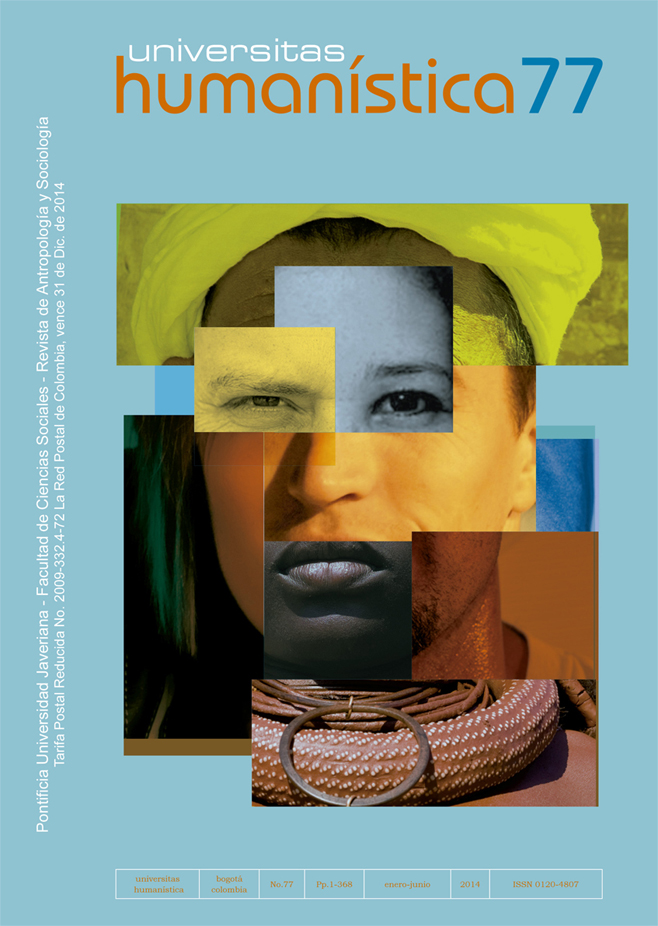Abstract
The purpose of this reflection is to analyze the ethnic-racial relations generated in agricultural workplaces that tilt in racist practices caused by the indigenous population migrations from the area of Chiapas to the land of tequilain Altos de Jalisco located in Mexico, specifically the municipality of Arandas. Such relationships have been evolving since the end of the last century as a result of the increasing expansion of the tequila agro-industry. It is of particular interest to address issues that deal with labor and social relations in the environments migrants arrive, because these relationships are based on a negative appreciation of the difference. This attitude leads the native people of Jalisco to discriminate, segregate, marginalize and exploit, not only strangers or foreigners (even in the same country), but also who, by his indigenous status, is positioned in a lower stratum and whose phenotype is far from the idealized Altos del Jalisco native: the Caucasian type, Catholic, rancher.

This journal provides immediate open access to its content on the principle that making research freely available to the public, encourages greater global exchange of knowledge.
The journal Universitas Humanística is registered under a Creative Commons Attribution 4.0 International Public License. Thus, this work may be reproduced, distributed, and publicly shared in digital format, as long as the names of the authors and Pontificia Universidad Javeriana are acknowledged. Others are allowed to quote, adapt, transform, auto-archive, republish, and create based on this material, for any purpose (even commercial ones), provided the authorship is duly acknowledged, a link to the original work is provided, and it is specified if changes have been made. Pontificia Universidad Javeriana does not hold the rights of published works and the authors are solely responsible for the contents of their works; they keep the moral, intellectual, privacy, and publicity rights.
Approving the intervention of the work (review, copy-editing, translation, layout) and the following outreach, are granted through an use license and not through an assignment of rights. This means the journal and Pontificia Universidad Javeriana cannot be held responsible for any ethical malpractice by the authors. As a consequence of the protection granted by the use license, the journal is not required to publish recantations or modify information already published, unless the errata stems from the editorial management process. Publishing contents in this journal does not generate royalties for contributors.


